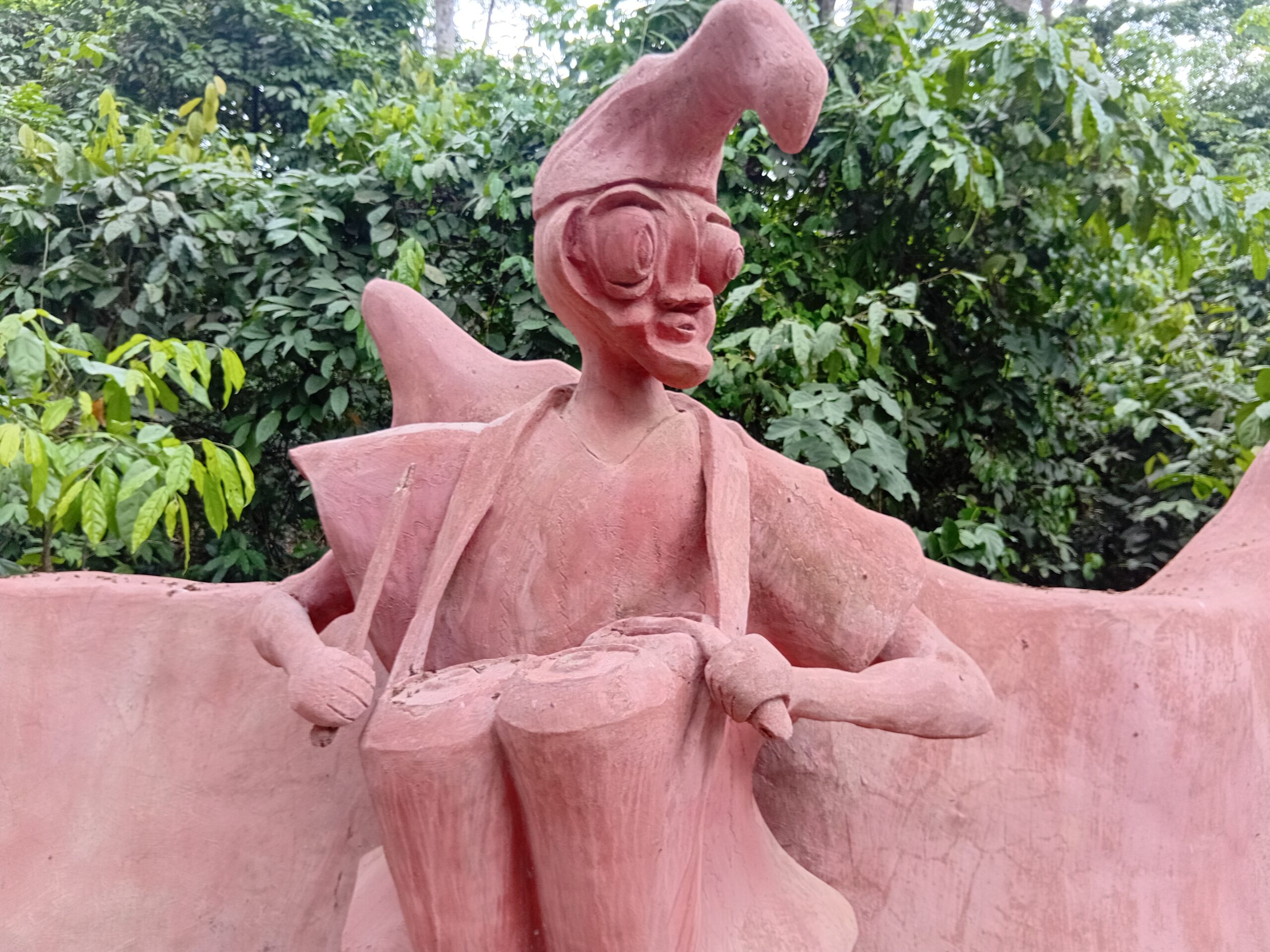
Black Orpheus Dispatch: On Re-counting History
On re-counting history 68-sh, 50-sh years later
I
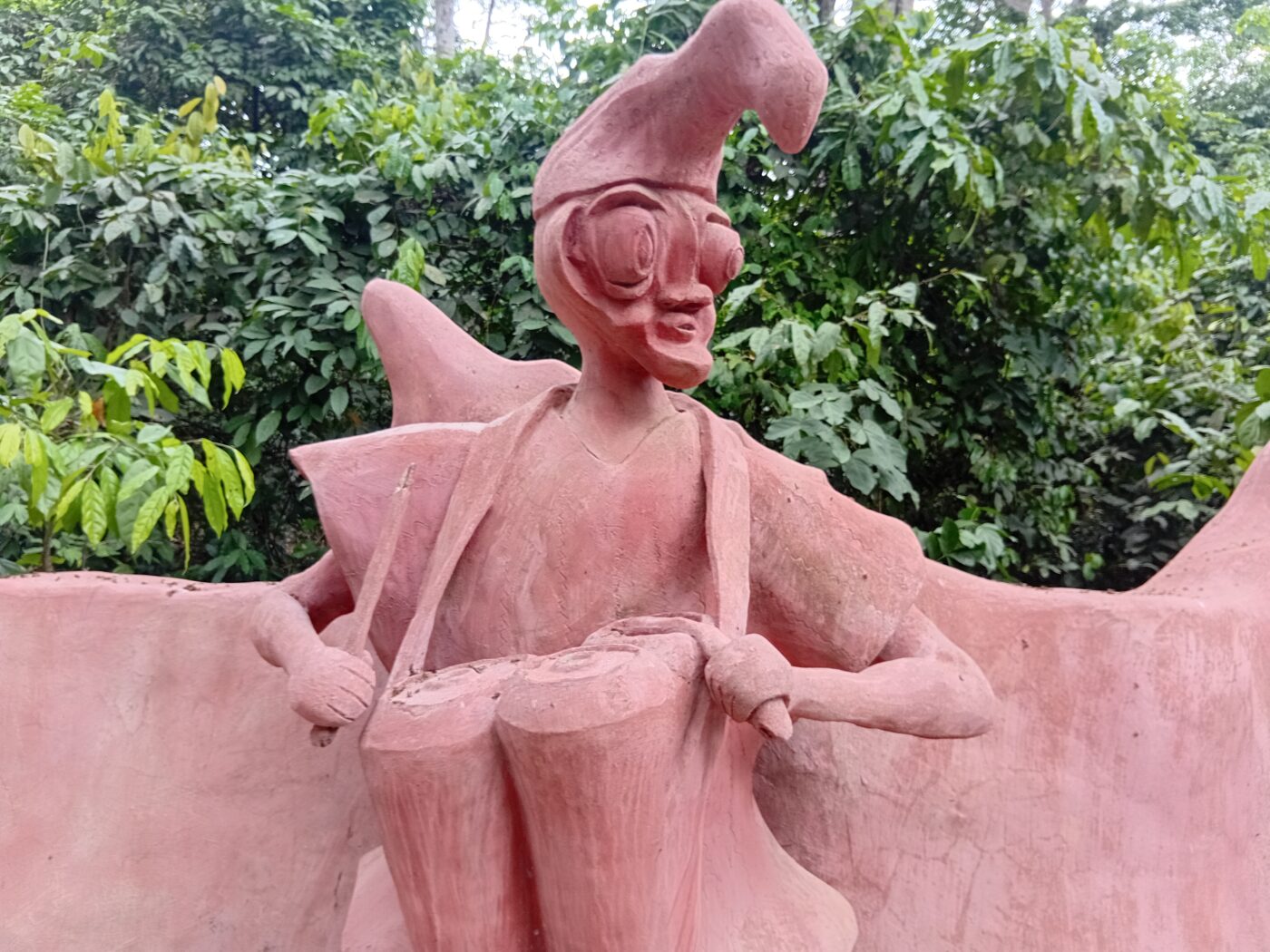
It is easy to miss the moment when an intellectual tradition starts to wither: there is no bang, no funeral, no obituary. Nothing grand. It just disappears, and one day, you look around and realise that everything is gone, via a slow, suffocating erosion. Black Orpheus was one of those ambitious projects. Between 1957 and 1975, it carried the weight of an entire continent’s literary and intellectual renaissance, introducing ideas that would later shape modern African thought. But look at us now. The intellectuals and intellectual resources that once populated its pages are either buried (literally or metaphorically) or confined to libraries that no one visits.
And yet, the tragedy isn’t simply that Black Orpheus is gone. The real horror is that nothing has changed. Every African journal that struggles and dies today follows the same script: same funding shortage, same disinterest from the state, same drip-drip of ideas until there is nothing left. And the worst part is that we act surprised every time it happens, as if this is not the logical consequence of a continent that refuses to take its intellectual traditions seriously. What we are witnessing is the systematic dismantling of intellectual spaces themselves. The world has never been more connected, but the infrastructure that once held up rigorous intellectual discourse is collapsing. So, maybe the real question is not why these publications are disappearing. Maybe the real question is: does anyone even care?
Africa was shaking off the shackles of colonial rule, and the need for an intellectual vanguard was urgent. That was when Black Orpheus was founded, three years before Nigeria’s independence. The journal stepped into that vacuum, becoming the place where literature, arts, politics, and philosophy collided in ways that were radical, and, at times, downright dangerous. It gave a crop of young writers the space to cut through colonial propaganda, question the fragile new identities African nations were constructing, and call out the incompetence of those who inherited power. But, as history has taught us time and again, Africa does not like intellectuals. At least, not the kind who asks difficult questions. Not the kind who refuse to be mouthpieces for the state.
Intellectual projects do not die natural deaths. They get killed. They are starved of funds, denied institutional backing, and abandoned by a readership that is too distracted or exhausted to fight for them. And that is exactly what happened to Black Orpheus. The journal was gasping for air before it folded in 1975. The money had dried up. Patronage had dwindled. And the political climate had become openly hostile to independent intellectual spaces. So, it folded. Not because it had run out of ideas or lost relevance. But because it had become too inconvenient to exist. Years later, here is history repeating itself.
II
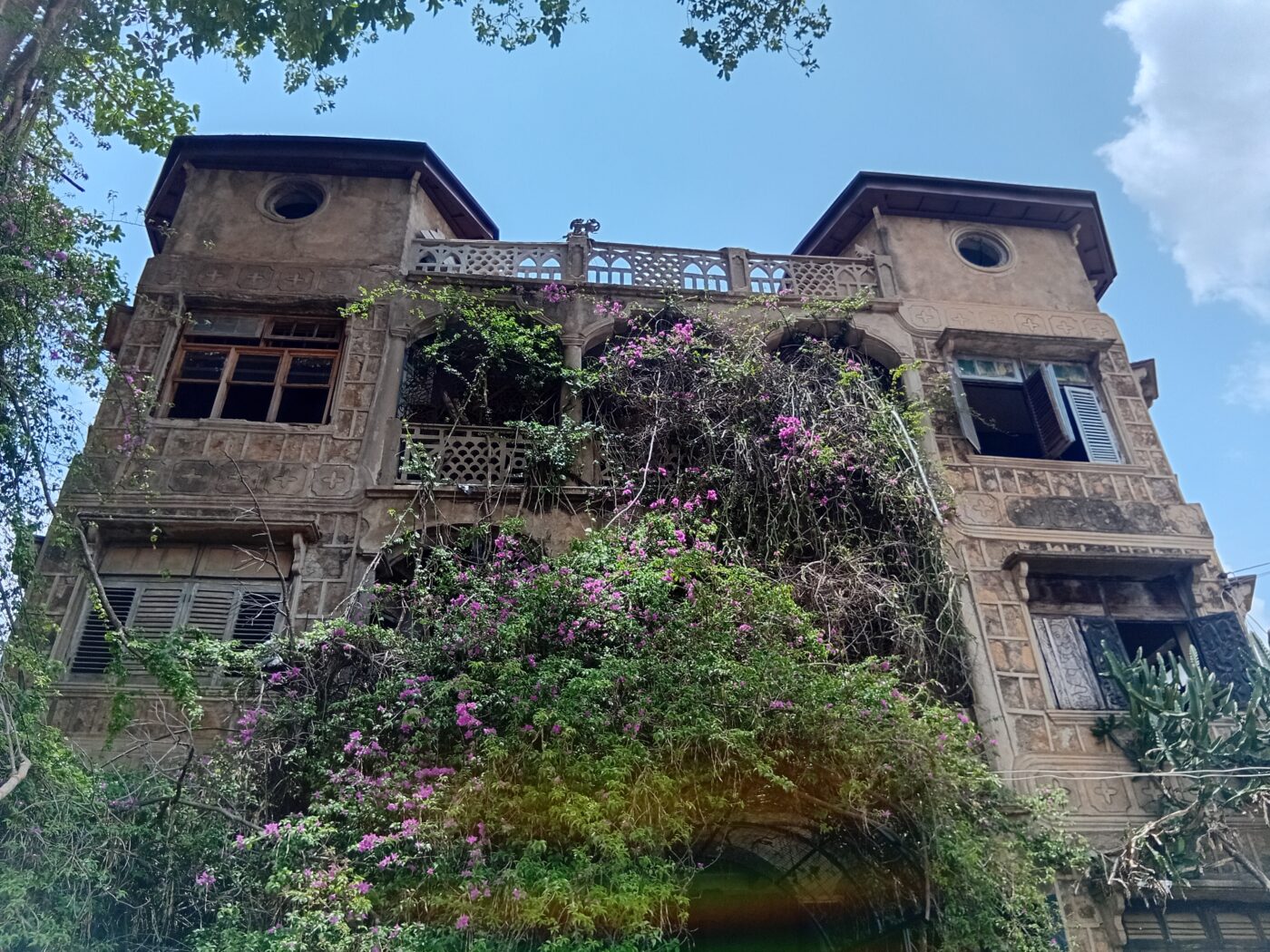
Let’s not kid ourselves. The forces that choked Black Orpheus are here, right now, prowling around every African publication that dares to think too freely. They have new names, new strategies, but the same old goal: to ensure that intellectual spaces in Africa remain fragile, underfunded, and, eventually, extinct. And the worst part is that we are letting it happen. One of such forces is economic fragility, a problem that haunts African publications from inception. Intellectual journals, by their very nature, do not cater to mass audiences; they succeed mostly in environments where intellectual labour is valued and supported by institutions that are willing to invest in thought. But Africa, with its volatile economies, has rarely provided such an environment. Funding has always been precarious, dependent on the goodwill of benefactors who, more often than not, have their own agenda. The moment those benefactors withdraw their support, journals collapse like houses built on unstable ground. The challenge of financial sustainability has only intensified in recent times, as print media declines and digital platforms fail to generate the kind of revenue that can support serious intellectual work. The question of who funds intellectualism in Africa remains unresolved, and without an answer, the fate of African publications is all but sealed. Journals cannot survive on passion alone, yet passion is often all they have. Without a financial model that ensures longevity, almost every intellectual venture is bound to be short-lived.
Beyond finances, African publications have also struggled with the absence of enduring institutions to support intellectual work. In many parts of the world, journals are sustained by universities, think tanks and foundations that recognise their value. In Africa, however, such institutional backing is rare, and when it does exist, it is often unreliable. Universities are themselves underfunded and overwhelmed by bureaucratic inefficiencies. The result is that publications must operate independently and rely on small networks of writers and editors who are themselves precariously positioned within society. This lack of institutional support means that each new journal must start from scratch and learn the same painful lessons, while facing the same existential threats that challenged its predecessors. Black Orpheus did not have the institutional safety net that could have ensured its survival beyond the lifespan of its founders, and neither do many of today’s African publications. The problem is not simply one of funding but of infrastructure that allows intellectual projects to outlive their founders. Without institutions that see the preservation of intellectual spaces as part of their mandate, every African publication remains an experiment in endurance, a test of how long passion can withstand structural neglect.
Yet, perhaps the most insidious threat to African publications is not financial or institutional but cultural. There is a growing chasm between intellectual journals and their potential readership. In a world increasingly driven by speed, distraction, and surface-level engagement, the kind of deep reading that journals demand is becoming rare. The decline of African publications is thus part of a broader crisis: the crisis of attention. The question is not simply whether African journals can survive but whether there is an audience willing to engage with them. If readers no longer see the value in intellectual discourse, if the public sphere no longer accommodates the kind of reflection that journals provide, then their disappearance is not just inevitable but meaningless. The loss of a publication matters only if there is someone left to mourn it, and the tragedy of African intellectualism today is that even its losses go unnoticed. Founded in 1957, at a time when Africa’s decolonisation was still a contested idea rather than an accomplished fact, it sought to define the aesthetic and philosophical contours of an increasingly self-aware continent. By 1975, however, the journal had ceased to exist. Today, its name evokes nostalgia in the few who remember, while for many, it is little more than a footnote in African literary history. Yet, to forget Black Orpheus is to forget a critical chapter in the story of African intellectualism. And to ignore its decline is to ignore the troubling patterns that continue to haunt African publications today.
While the decline of African publications might appear to be a regional or continental problem, it is, in fact, part of a larger, global crisis. The 21st century has not been kind to print intellectualism, and even outside Africa, literary and academic journals have struggled to stay afloat. The digital age, while expanding access to information, has paradoxically eroded the culture of deep reading and sustained intellectual engagement. We live in an era of fragmented attention, where the long-form essay fights for relevance against algorithm-driven, bite-sized content. The economic logic of contemporary publishing further compounds the issue: intellectual work, which rarely generates profit, has been pushed to the margins by the relentless pursuit of monetisable entertainment. The idea of a public intellectual has become increasingly anachronistic. Instead, what we see today is the rise of influencers, media personalities, and click-driven punditry. In such a world, the fate of African publications cannot be understood in isolation; it is part of a broader shift away from print, from spaces that demand contemplation rather than consumption.
But perhaps what is most troubling is that the decline of African publications is not met with alarm. It is happening quietly, unnoticed, as if the loss of these intellectual spaces does not matter. A literary journal is an archive of thought. When these journals disappear, we lose history, discourse, and the continuity of ideas. We lose the ability to trace how debates about identity, modernity, and nationhood have unfolded across generations.
III
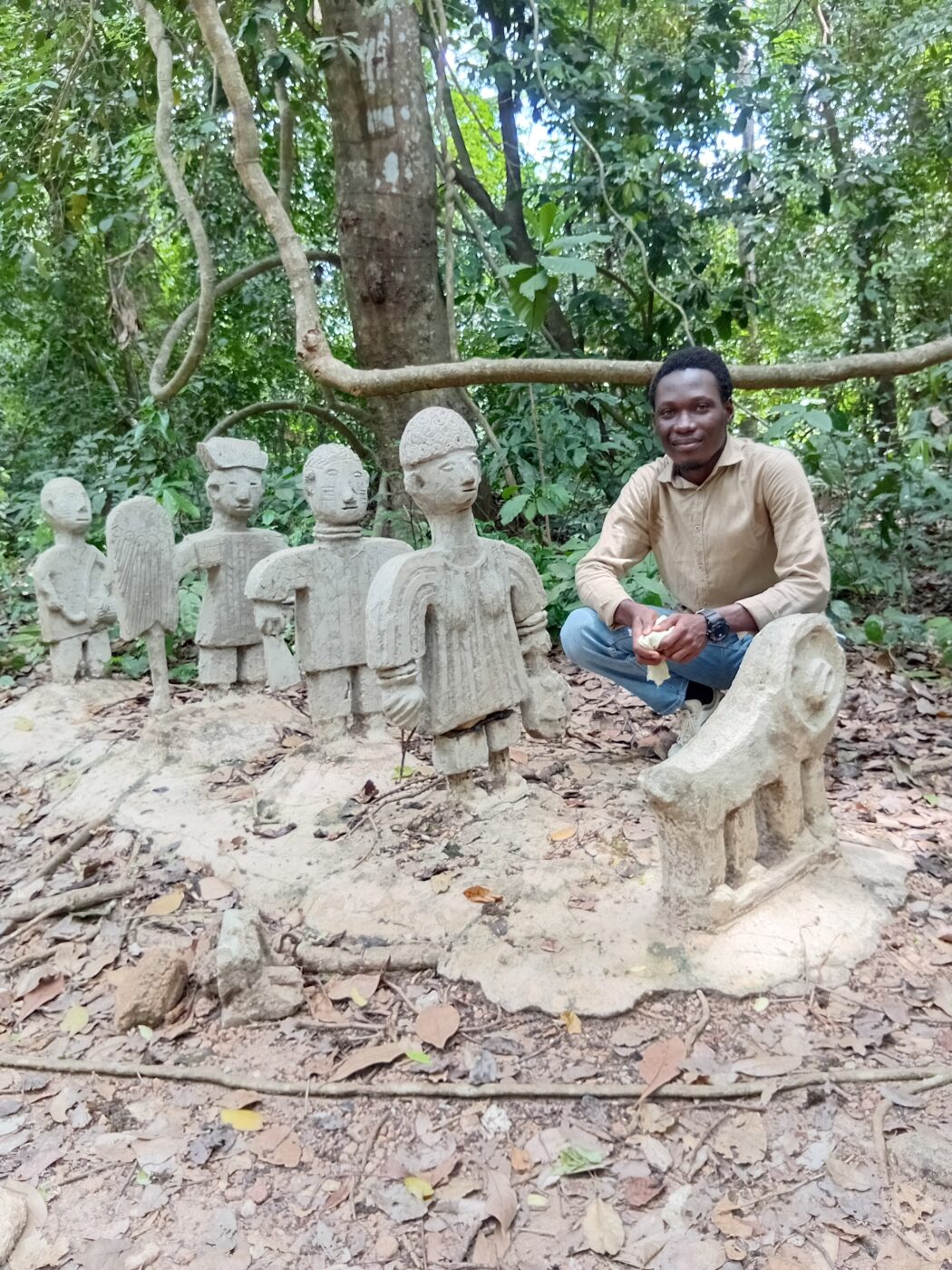
Let’s be honest: hardly anyone cares, really, when a literary journal dies. A publication that once carried the intellectual weight of a generation folds, and the world simply moves on. No vigils are held, no flags lowered, no governments intervene. There is no sense of loss because, in many ways, the loss has happened long before the final issue is printed, i.e when the readers stopped reading, when the funding dried up, when the editors grew weary of fighting for relevance in a world that no longer valued what they had to offer. When we zoom out, when we really look at the pattern, we begin to realise that this quiet vanishing act is not just the death of a journal, but the slow intellectual starvation of an entire society. The erosion of intellectual spaces is the direct consequence of a culture that has abandoned its duty to think critically – to hold on to the institutions that make thinking possible in the first place.
The question is, why do we let this happen? Why is there no real panic when an African literary or intellectual publication folds? I suspect it has something to do with the way intellectual work is perceived, or, rather, misperceived. In many parts of the world, but especially in Africa, intellectual labour is still treated as an indulgence, a hobby for the overly serious, not as an essential part of society’s infrastructure. A continent that has been forced, for decades, to prioritise survival over scholarship has internalised the idea that intellectual pursuits are secondary, that literature, philosophy, and criticism belong to the margins, to the elite, to the privileged few who have the time to care about such things. And so, when an intellectual journal disappears, it is not seen as a crisis. It is seen as the natural order of things, the inevitable fate of something that was never, in the first place, truly necessary.
On the other hand, if intellectual spaces are so unnecessary, why have societies that prioritise them always shaped the course of history? Why is it that the most influential movements (political, cultural, artistic) have been preceded by the existence of strong intellectual platforms? You cannot say that a journal does not matter when almost every revolution, every radical rethinking of the world, has been first articulated in print, in essays, in arguments laid out on the page before they take to the streets.
And this is precisely why the decline of publications like Black Orpheus should alarm us. Not because we are nostalgic for an old journal, but because when intellectual spaces disappear, something far more dangerous happens: the vacuum they leave behind is filled with noise. Absolute bullshit. What is replacing these journals? More often than not, it is nothing of substance. Instead of intellectual discourse, we get soundbites. Instead of critical thinking, we get reactionary hot takes. Instead of debates about art, philosophy, politics, and identity, we get tweets, outrage cycles, and the rapid churn of a media ecosystem designed for speed instead of depth. And so, rather than having publications that challenge us to think harder, we have an online culture that rewards the fastest, loudest, and most simplistic voices. Instead of a generation of thinkers, we are raising a generation of reactors who do not know how to sit with an idea long enough for it to transform their perspective.
Now, some might argue that the internet has democratised discourse, and that the decline of print journals does not mean the decline of intellectual engagement but simply a shift in where and how it happens. And sure, that is a nice theory. But let’s be real. How many people are genuinely engaging with long-form intellectual arguments in digital spaces? How many of the so-called ‘intellectual debates’ on social media are actually discussions and not just performative shouting matches? The difference between an intellectual journal and an algorithm-driven platform is that a journal is curated: it is edited, thought through, built to encourage dialogue over time, not just within the attention span of a news cycle. It is a space that values quality over quantity, and depth over virality/algorithm. And yet, we have abandoned these spaces in favour of the illusion that quickness equals engagement.
Let’s get even more critical: maybe the real problem is not just that publications are disappearing, but that intellectuals themselves have lost their sense of purpose. When Black Orpheus existed, it was an intellectual commitment in a space where thinkers understood their role as the architects of a new African consciousness. They wrote because they believed their words carried weight. Where is that energy now? Where is that urgency? Too often, contemporary intellectuals have retreated into academic silos, producing work that is intentionally inaccessible to the wider public. They have become comfortable writing for the approval of institutions rather than for the shaping of societies. And so, even as we mourn the loss of journals, we must also ask: have we, as intellectuals, failed to make ourselves necessary? If our work is not being read, is it because people have abandoned intellectualism, or because we have failed to make our intellectualism indispensable?
A society that loses its intellectual spaces does not simply become less informed; it becomes less free. Without journals, we lose the ability to hold sustained conversations across generations. We also lose the ability to build upon the ideas of those who came before us. We become intellectually stateless, forced to consume the narratives of others rather than produce our own.
If we accept that, then we have no right to complain when our histories are distorted.
How do we ensure that the intellectual traditions nurtured by Black Orpheus and its successors do not simply vanish into oblivion, only to be rediscovered decades later as relics of a bygone era?
IV
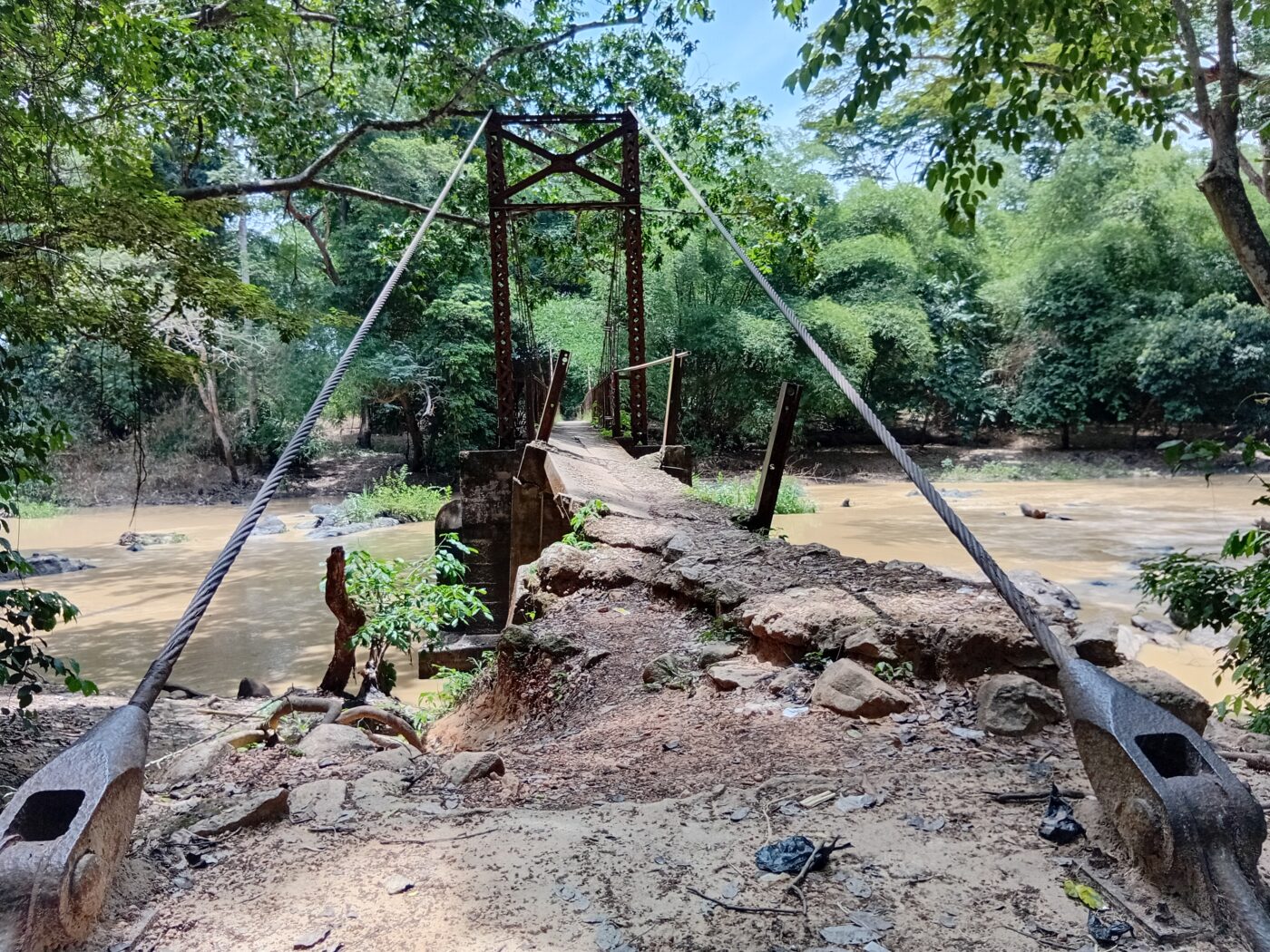
I recently read Nzube Nlebedim’s 2022 essay, Towards a Future of African Magazines, and I would love to make a reference or two to it, first because it is like a desperate SOS alerting us that the African literary magazine scene is gasping for breath, and secondly because we (the readers, the writers, the supposed lovers of literature) seem too distracted, or, worse, too complacent to hear it.
He tells us of a dream he had to host one of the biggest virtual literary readings in Africa – to bring together publishers, critics, poets, artists, and academics, all in one space. Of course, money was a thing. Needed for social media campaigns, Internet, publicity, and honoraria. So they resorted to writing letters to organisations and private bodies for help. And how much did they need? A mere $600 (yo, I had to read that twice to be sure he meant 600 USD). But he and his team “never got a positive response,” leaving the event to be carried on fragile, overworked shoulders oiled by sheer passion and stubbornness rather than sustainability. This is the reality of African literary magazines. “Is it not a thing to mourn over,” Nlebedim asks, “when kingmakers have become beggars, and worse still, ones to be shunned?” The image is brutal. But accurate. And painful.
What’s the solution? Nlebedim has a radical proposal: treat African literary magazines as businesses, not charity cases: “The magazine and literary journaling industry should be seen as much more than a resource for writers, readers and intellectuals, but now also as a business.” He argues that calling advertisers, investors, corporate sponsors, anyone willing to bet on the fact that these magazines matter, could solve a large portion of the problem.
V
Nlebedim’s suggestions may very well work. But I don’t agree with them.
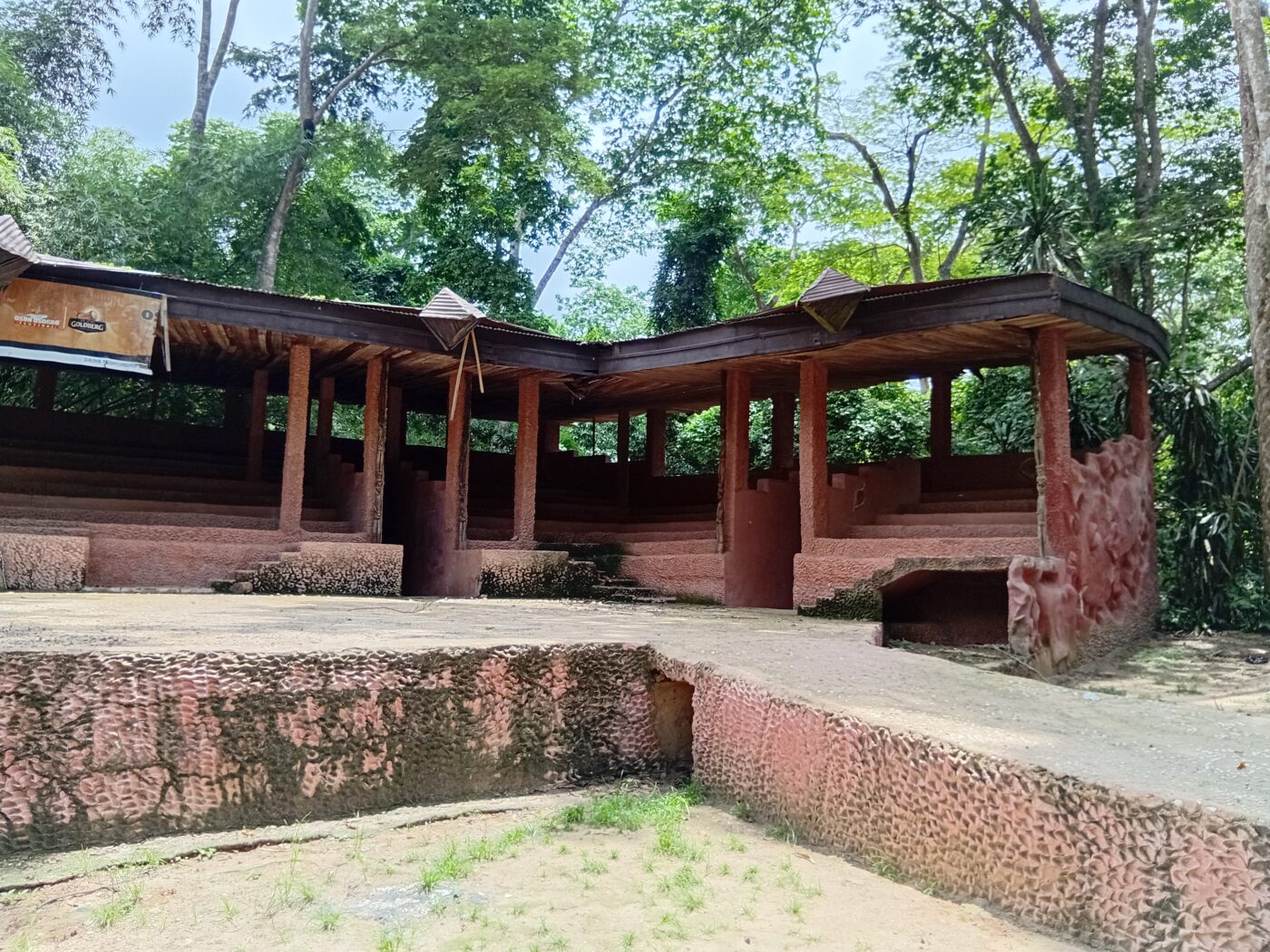
They are too polite. Too reasonable. They are too… tame.
Business models? Advertisers? Corporate sponsors? Sure, they sound great in theory. But let’s be honest: who is going to fund an African literary magazine that doesn’t serve their capitalist interests? Who is going to throw money at a journal publishing sharp, rebellious, anti-establishment voices?
I don’t believe in begging – not from corporations, not from donors, not from governments that don’t even fund public libraries. I propose something more radical, more disruptive, more in-your-face: African literary magazines should start demanding what they are owed.
Start charging Western readers more. A lot more. Yes. Westerners should pay double, triple, even ten times more for access to African literary content. If Africans pay $2 for a subscription, let’s make it $10 for Western readers. Let’s make it $20. Let’s implement location-based pricing. If you are reading from Africa, you get free or low-cost access. If you are reading from New York, London, or Berlin, you will pay – ’cos you have no choice. You want access to the brilliance of African storytelling? Then support the industry you are consuming from.
Instead of glorifying the struggling-editor-who-does-everything-for-the-love-of-literature archetype, create a passion-meets-pay environment.
Big-name African writers and the magazines that built their careers need each other, no matter how many years have passed.
Build a parallel literary economy outside of Western approval. Right now, we seem to be stuck in a toxic cycle:
African magazines publish content → Western literary gatekeepers decide what is ‘worthy’ → African writers adjust their voices to fit that mould → African magazines struggle to stay relevant because they are forced to cater to an external standard.
You see?
Break the cycle.
Stop chasing Western prizes as validation.
Build African literary awards that matter. Build African literary conferences and festivals that are ours. Build a publishing ecosystem that does not need Western approval to succeed.
Start backing each other up. Start making sure that every African writer who gets a major deal mentions an African literary magazine in their acknowledgments. Make it an unspoken rule that if you rise, you pull others up with you.

The time for politeness is over. Now is the time to shake tables
VI
The Kaduna Book and Arts Festival (KabaFest) is off the table – for 2025, at least.
Is this one isolated case affecting northern Nigeria, or is it just part of a wider tragedy with the potential of replicating itself in all parts of the country?
I’ll see you soon.
___
Kasim is the Managing Editor of Mud Season Review and lives in Jos Plateau, Nigeria. He is a fellow in our Black Orpheus Exploration Project, chosen in collaboration with Archivi.ng. This is the third of his monthly dispatches; you can find the earlier ones here (February) and here (March). The names of other selected fellows from our application were announced in February. You can read more about the project here.
